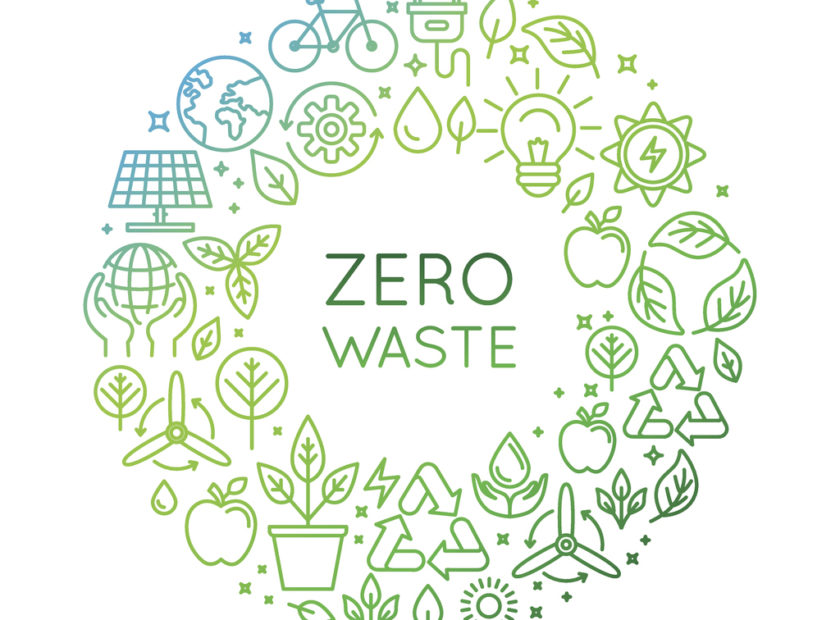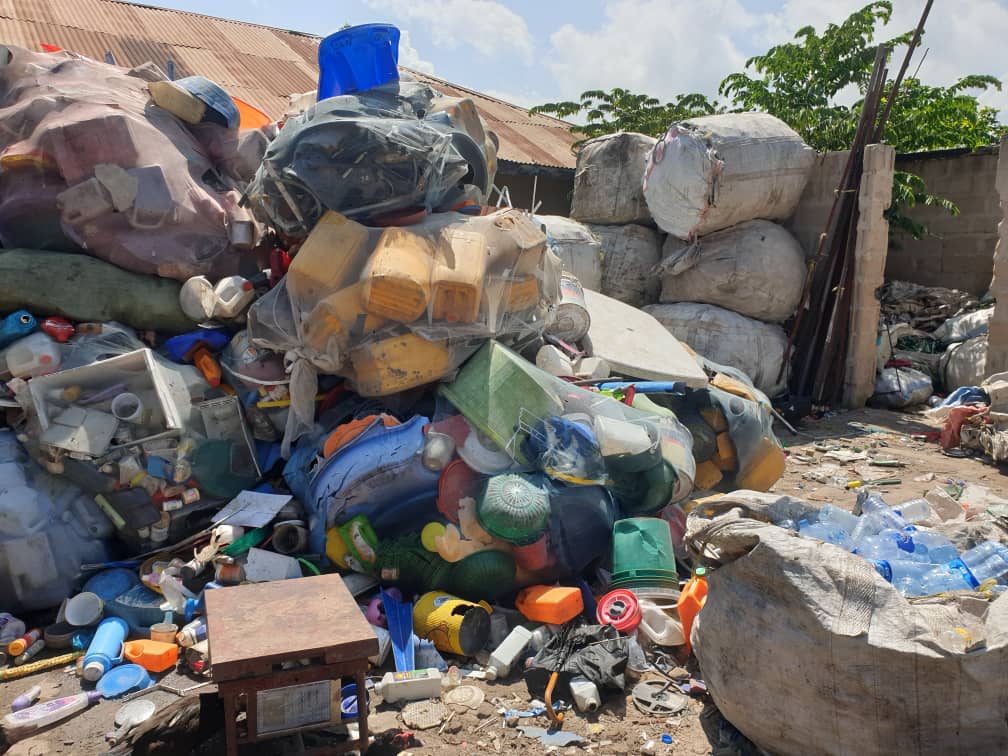Dar es Salaam. In a candid statement, Mkana Mohamed, the Head of the Environment Department at Temeke Municipal, sounded the alarm on the adverse effects of environmental pollution on economic development.
Mohamed contends that the financial resources currently allocated to treating illnesses resulting from pollution represent a significant impediment to individual and governmental economic growth. He posits that by addressing the root causes of pollution, communities can not only enhance public health but also redirect vital healthcare funds towards initiatives that foster a more robust and prosperous economy.
He said over 70 percent of diseases are linked to uncleanliness, when controlled can curb frequent illnesses and redirect healthcare funds towards economic growth. Noting cholera as an example, a disease with long recovery times or even fatalities, reducing the workforce available to build a thriving economy.
He said this the other day at the ceremony of handing over the zero-waste project to Kibasila Secondary School which was given by the Environment Plus Institute in collaboration with TCCI Environment, Dar es Salaam.
The project presents a model for tackling this challenge by involving a setting up waste sorting and separation facilities, as well as educating students on turning waste into economic opportunities.
Mohamed emphasized that waste shouldn’t simply be dumped in landfills. It can be utilized for various purposes, from creating fertilizers to supplying raw materials for factories. He stressed the importance of the school taking on this project, praising its academic excellence and the potential for students to become environmental educators for their community.

Ramadhani Mwakae, project coordinator from Mazingira Plus said the project aims to support the government’s goal of diverting 80 percent of solid waste from landfills by equipping schools with the tools and knowledge to cultivate a culture of environmental awareness in future generations.
Kibasila Secondary School Principal Patrick Sinyinza expressed pride in their role as pioneers in this national initiative. He reported a noticeable shift in students’ attitudes towards waste, with a new respect for proper disposal.
Student project ambassador Edson Michel highlighted the project’s successes since its launch in September. These include environmental education, planting 500 fruit trees and vegetable gardens, and producing fertilizer from collected waste for the school’s garden. Additionally, students collect and sell plastic waste to farms for recycling, and hazardous materials are responsibly disposed of by the municipality.
While acknowledging challenges like the lack of essential tools, Michel remains optimistic about the project’s impact. He sees it as a beacon of hope in the fight against environmental pollution and a catalyst for economic growth driven by responsible waste management.



Thanks for sharing. I read many of your blog posts, cool, your blog is very good.